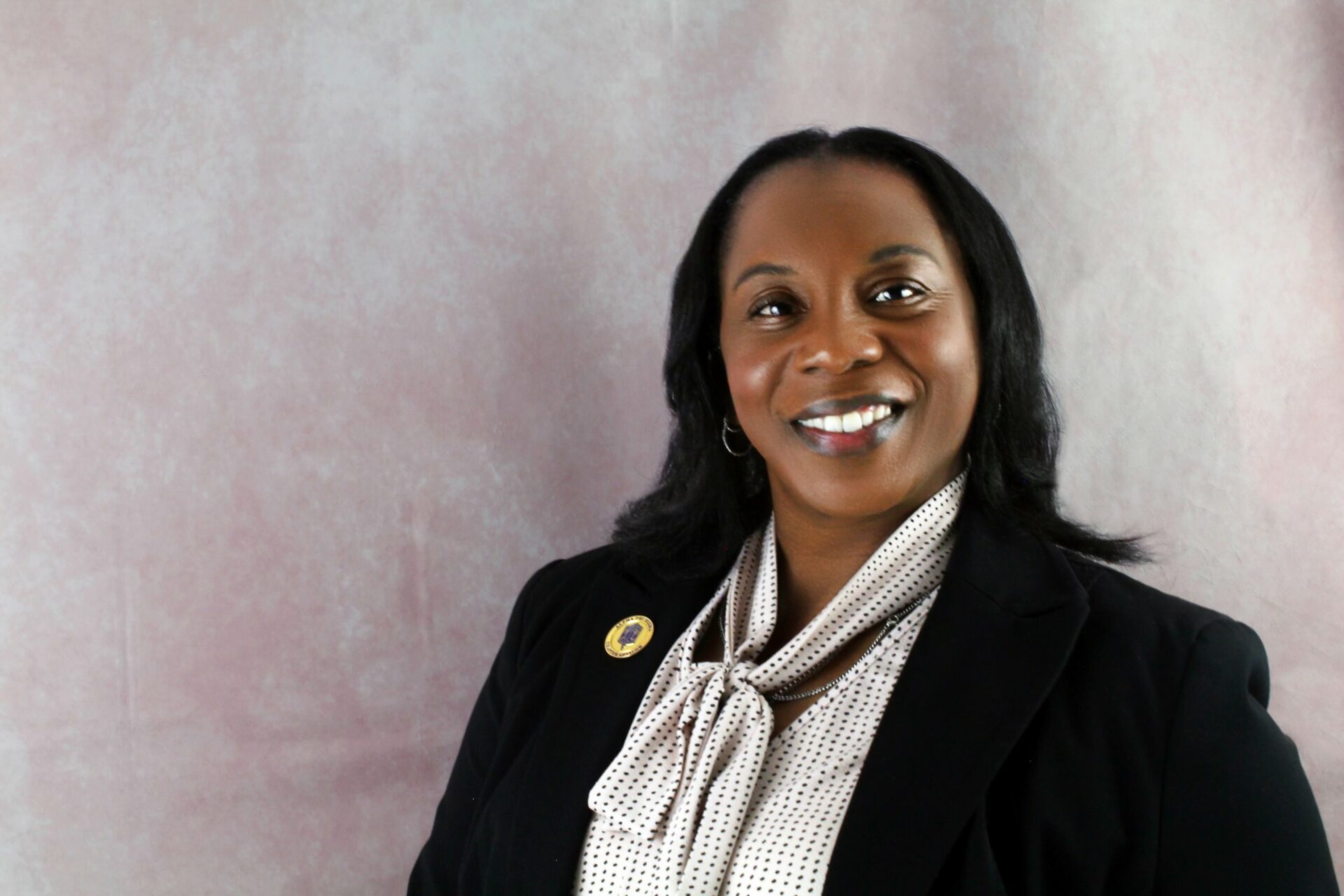We caught up with the brilliant and insightful Dr. Tracy G. Crump a few weeks ago and have shared our conversation below.
Dr. Tracy G. Crump, first a big thank you for taking the time to share your thoughts and insights with us today. I’m sure many of our readers will benefit from your wisdom, and one of the areas where we think your insight might be most helpful is related to imposter syndrome. Imposter syndrome is holding so many people back from reaching their true and highest potential and so we’d love to hear about your journey and how you overcame imposter syndrome.
Many people face feelings of imposter syndrome (i.e., a psychological phenomenon where individuals doubt their accomplishments and fear being exposed as a “fraud” despite evidence of their competence). I am no exception. Early in my career, I, too, experienced feelings of guilt or shame as I “moved up the corporate ladder.” This resulted in me struggling with perfectionism, “shrinking” with the hope that people would not notice me and being extremely hyper-vigilant with every task I took on to the point that I became less productive. However, as I began implementing three practical steps to decrease self-doubt, I became more confident and overcame imposter syndrome.
First, I accepted that I was not the only person experiencing angst about personal success. For me, normalizing my experience and feelings helped me begin to address the root causes head-on and overcome self-doubt. Acting on this newfound reality, I began discussing my feelings with trusted friends, mentors, and colleagues and sought their insights and support.
Second, I began celebrating my successes and the work I put in to exceed my milestones and goals. I track my big and small achievements and review them to remind myself of my capabilities if I feel doubtful. When doubt attempts to set in, I acknowledge the negative thoughts and challenge them by reframing them with positive, realistic statements about my capabilities and the work ethic I need to exhibit to achieve my latest goal. Additionally, I show myself grace and recognize that even if I do not achieve my goal on the first attempt, that does not mean I can never achieve that goal or a more significant goal better suited to my dreams, aspirations, core values, and purpose.
Third, I am a fierce believer in continuous improvement and life-long learning. I invest significant time in honing my skillset, mastering new skills, and deepening my understanding to build and maintain confidence. This includes learning more about the experiences and situations that make me exhibit self-doubt. Understanding the root causes of negative thoughts or feelings is an essential first step to addressing the feelings.
Appreciate the insights and wisdom. Before we dig deeper and ask you about the skills that matter and more, maybe you can tell our readers about yourself?
As the CEO and Chief Education Officer of Tracy Crump Enterprises, LLC®, I help students and educators clarify their goals and resources, sharpen their skills, and empower them to strive for success using my proprietary A.C.E.S. Framework™. I wholeheartedly believe that everyone has a purpose. Through my strategic planning sessions, workshops, and speaking engagements, I help folx understand their goals and resources and work towards developing personalized plans to meet their milestones and exceed their goals.
My enthusiasm for my work is elevated on an individual and societal level. Individually, I cherish sharing when my clients begin strategically understanding their unique nuances and utilize that knowledge to develop realistic plans to achieve their goals. Societally, one of my passions is contributing to making the world a better place for everyone. Yes, I want world peace. To that end, I am passionate about doing my part in helping to ensure that each person or entity I work with feels seen, heard, and supported in all aspects of life.
I am currently in the midst of my high school and college A.C.E.S. for Students college readiness tour. This intensive workshop explores college readiness concepts covered in my book A.C.E.S. for Students: Strategies for Success in the First Year of College & Beyond; some of the topics explored are emotional intelligence, self-identity development, motivation, learning self-reflection, negotiating relationships, time management and productivity, accessing resources, preparing for career success, and mindfulness and self-care. My goal is to help 1 million students confidently enter, persist, and graduate college and feel prepared for career success.
If you had to pick three qualities that are most important to develop, which three would you say matter most?
The three most impactful skills in my journey have been developing my ability to engage in self-reflection, continuous improvement, and celebrating the person I am and the person I am growing to be. Self-reflection is an essential process that bridges the gap between experiences and learning. Personal triumphs and setbacks offer invaluable lessons as we navigate various facets of life. Pausing to ponder on these moments fosters an environment where growth is not just an outcome but a deliberate practice. By understanding our past actions and their effects, we develop a profound empathy for ourselves and others, enhance our capability to approach problems with innovative solutions, and consistently align our aspirations with actionable steps.
In the professional arena, self-reflection serves as a cornerstone for career development. It not only aids in refining our skills but also in recognizing our accomplishments and understanding the value we bring to our roles. Through this understanding, we can forge a path toward continuous improvement—a perpetual cycle of self-betterment that keeps us both competitive and fulfilled.
I wholeheartedly believe in celebrating my achievements, no matter how small. Recognizing our accomplishments is critical to our development. It reinforces positive behaviors, boosts morale, and provides the motivational fuel for future challenges. Acknowledging the work it takes to reach our goals, and our success in reaching them, allows us to holistically process our experiences and pushes us to set higher standards and reach new heights. To successfully incorporate self-reflection and continuous improvement, each of us can establish a reflection routine, set specific goals, practice mindful gratitude, ask for and embrace feedback, seek opportunities to learn more about topics that interest us, engage with communities that motivate us, show ourselves grace and compassion, and celebrate our efforts, our challenges, and our wins.
What do you do when you feel overwhelmed? Any advice or strategies?
Managing potential overwhelm is a skill we all need to develop and embrace. When the weight of a “to-do list” feels crushing, and the hours in the day slip away too fast, it is easy to feel overwhelmed. When I think of potential overwhelm in my life, I use four strategies to regain control and find a sense of calm in the chaos.
First, I prioritize my tasks by writing down all the tasks that I must accomplish, and I identify which tasks are the most urgent and important. I use the Eisenhower Box method to categorize tasks into four categories: urgent and important, important but not urgent, urgent but not important, and neither urgent nor important. I prioritize doing the urgent and important tasks first and consider delegating or eliminating the rest.
Second, I break down large tasks into smaller, more manageable tasks. Large projects often seem impossible and can contribute to me feeling overwhelmed. I was taught early in life that “It’s easier to eat a monster in pieces than to try to eat it whole” (thanks, Mommy!). Once I distill my tasks into manageable steps, I determine the next action for each task and focus solely on that. This creates a clear path forward and makes my progress more achievable.
Third, I have learned to set boundaries and say “No” when necessary. I constantly monitor my capacity and recognize and accept my limits to accomplish this. If new commitments contribute to my feeling overwhelmed, I assure myself that it is okay to say “no”. I also remind myself that setting boundaries around my time and workload isn’t selfish—it’s necessary for my mental well-being.
This brings me to my fourth strategy. I always take time to engage in self-care and mindfulness practices. This can include meditation, breathing exercises, walking, or enjoying a hobby. These activities help reduce my stress and give me a break from the constant planning and problem-solving required in my life. Regular self-care is crucial for maintaining my energy levels and helping me tackle my responsibilities. So, engaging in self-care and mindfulness are non-negotiable.
Contact Info:
- Website: https://tracycrumpenterprisesllc.com/
- Instagram: https://www.instagram.com/tracygcrump/
- Facebook: https://www.facebook.com/tracy.crump.372/
- Linkedin: https://www.linkedin.com/in/tracygcrump/
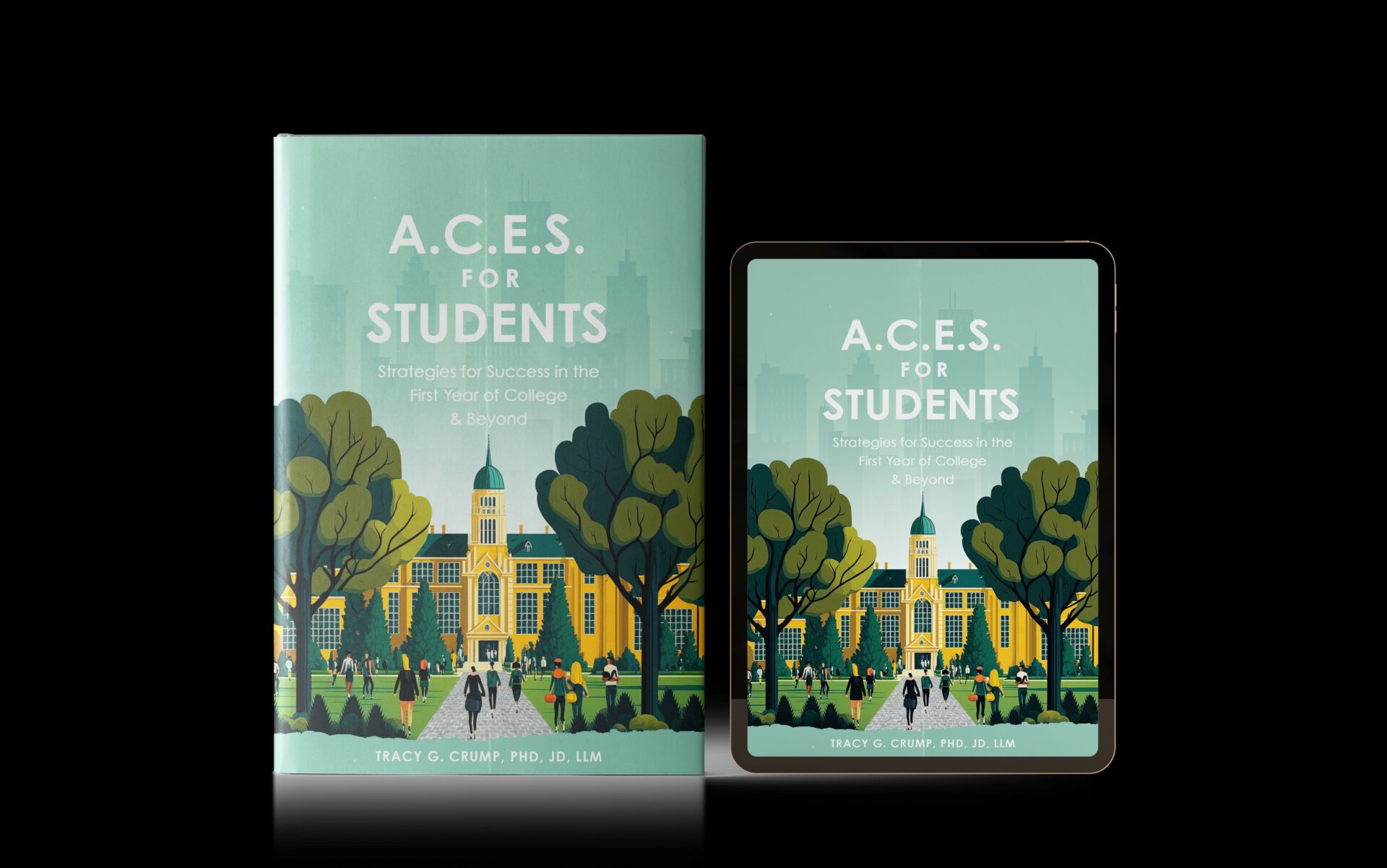
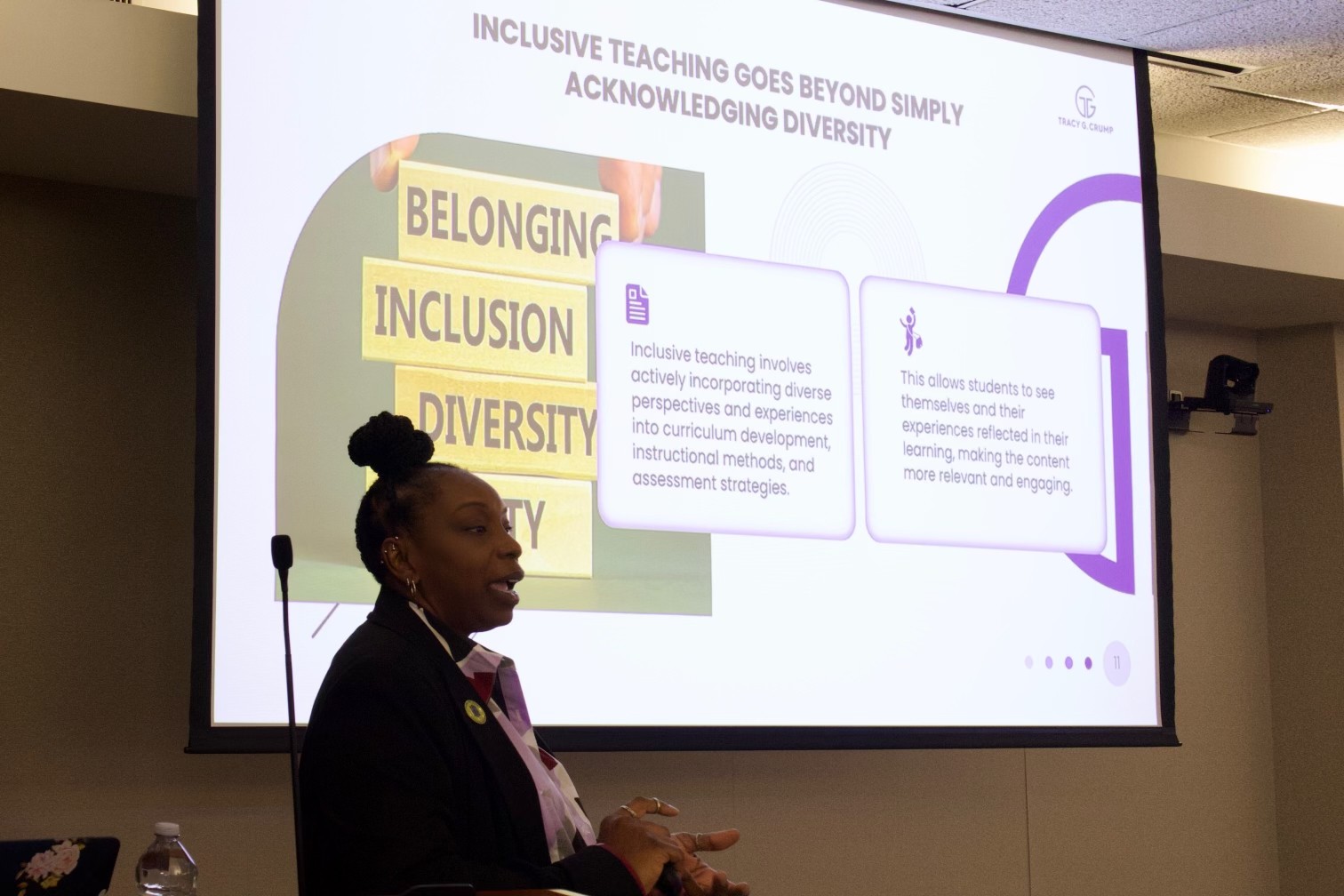
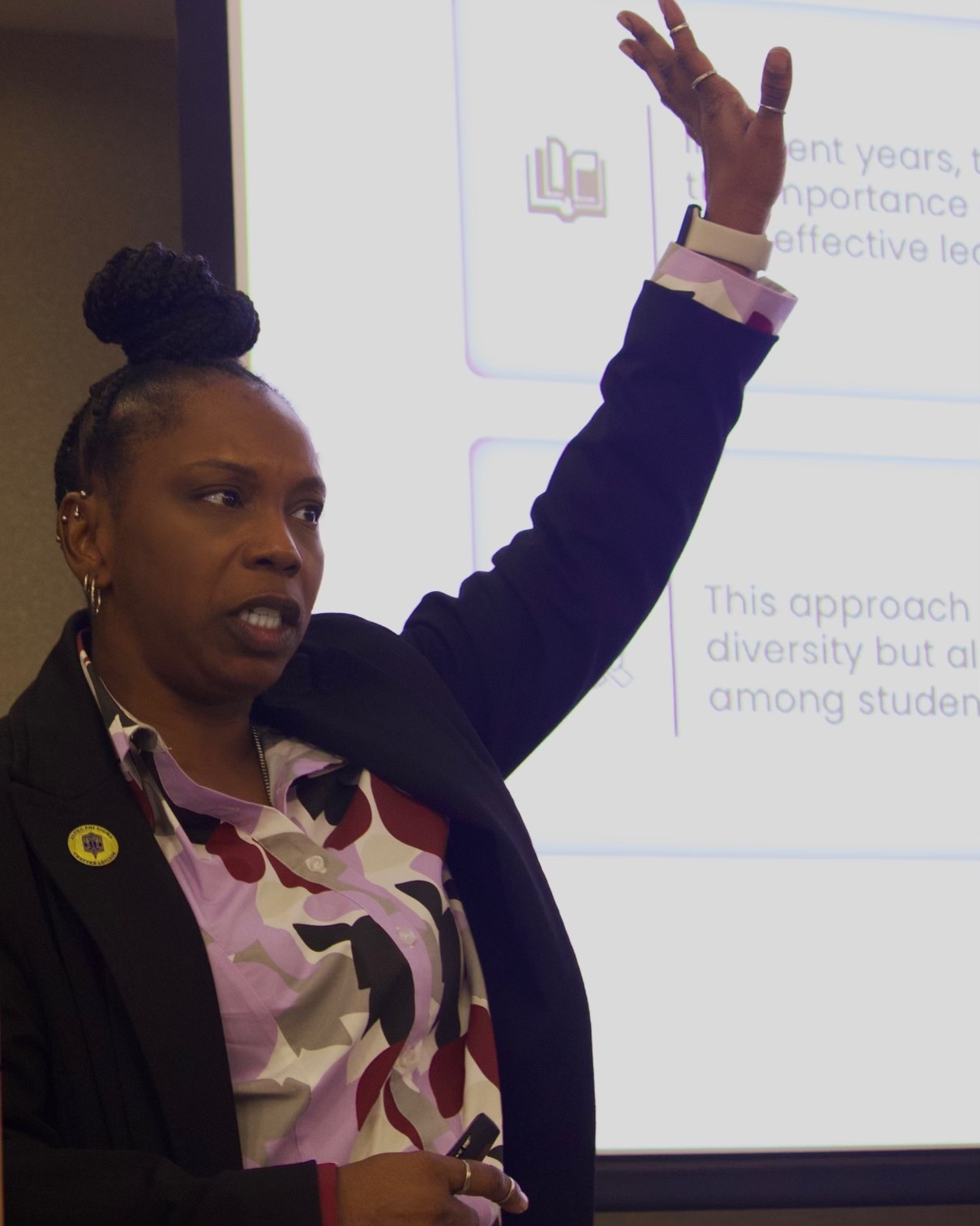

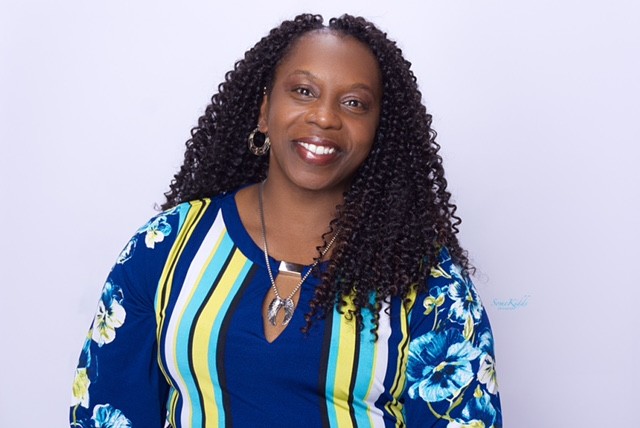
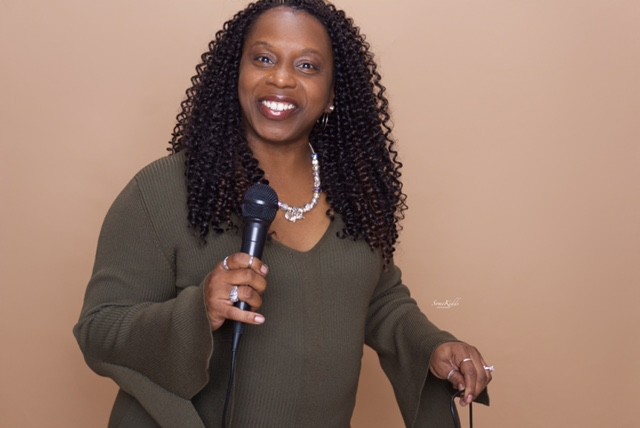
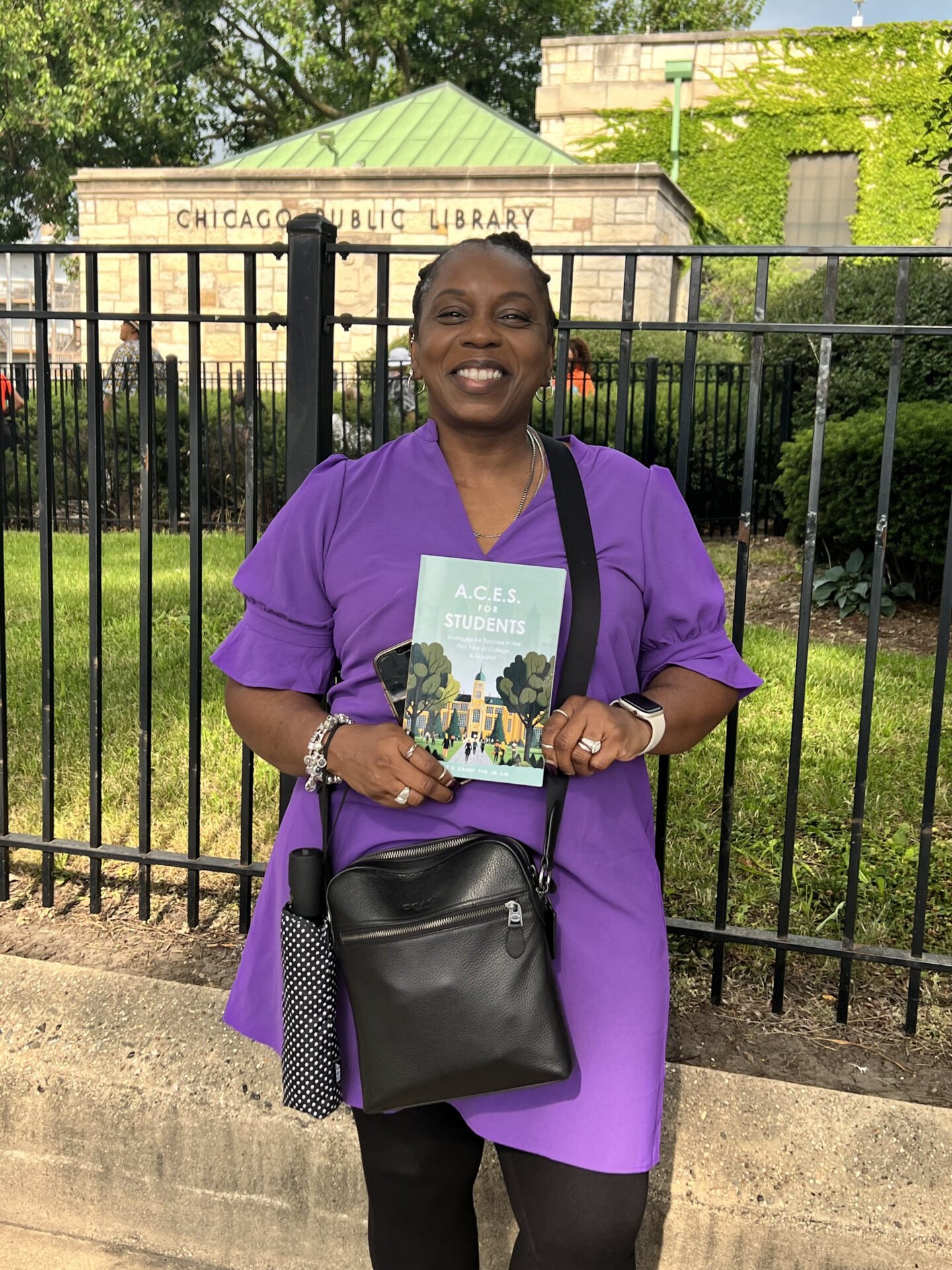
Image Credits
Devon Kidd Bianca Crump

